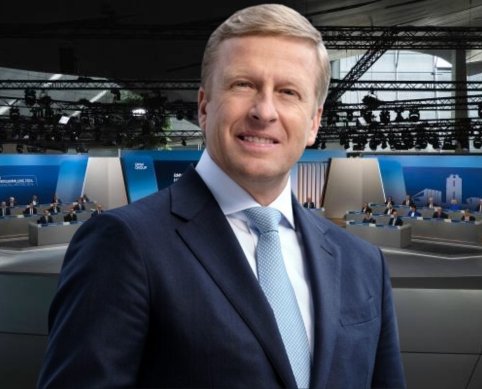Europe should abandon its plan to ban new fossil fuel-emitting cars by 2035 to reduce reliance on China’s battery supply chain and capitalize on its own technological strengths, BMW CEO Oliver Zipse stated on Tuesday.
Zipse, who has consistently advocated for allowing multiple technologies—including e-fuels, biofuels, and hydrogen fuel cell cars—highlighted that Europe is shifting towards a more pessimistic outlook. He emphasized the need for a fresh regulatory approach to stay competitive.
“Revising the 100% BEV (battery electric vehicle) target for 2035 as part of a broader CO2 reduction strategy would lessen European automakers’ dependence on China for batteries,” Zipse said during the Paris Motor Show. He further noted that adopting a technology-neutral path in policymaking is critical to maintaining success.
In March 2023, EU nations passed a landmark law requiring all new cars to have zero CO2 emissions by 2035, effectively banning petrol and diesel vehicles, along with a 55% CO2 reduction target by 2030 compared to 2021 levels.
Several automakers, including BMW, VW, and Renault, along with the Italian government, have urged the EU to relax or delay these CO2 targets, expressing concern over potential fines due to slower-than-expected EV adoption.
However, Germany, where BMW is based, has resisted early revisions to the targets, citing the need for industry clarity and the pressing nature of addressing climate change.
At the Paris Motor Show, the head of France’s automotive association, PFA, stopped short of calling for the 2035 ban to be scrapped but stressed the importance of returning to the discussion table to review the targets, currently set for reassessment in 2026.
